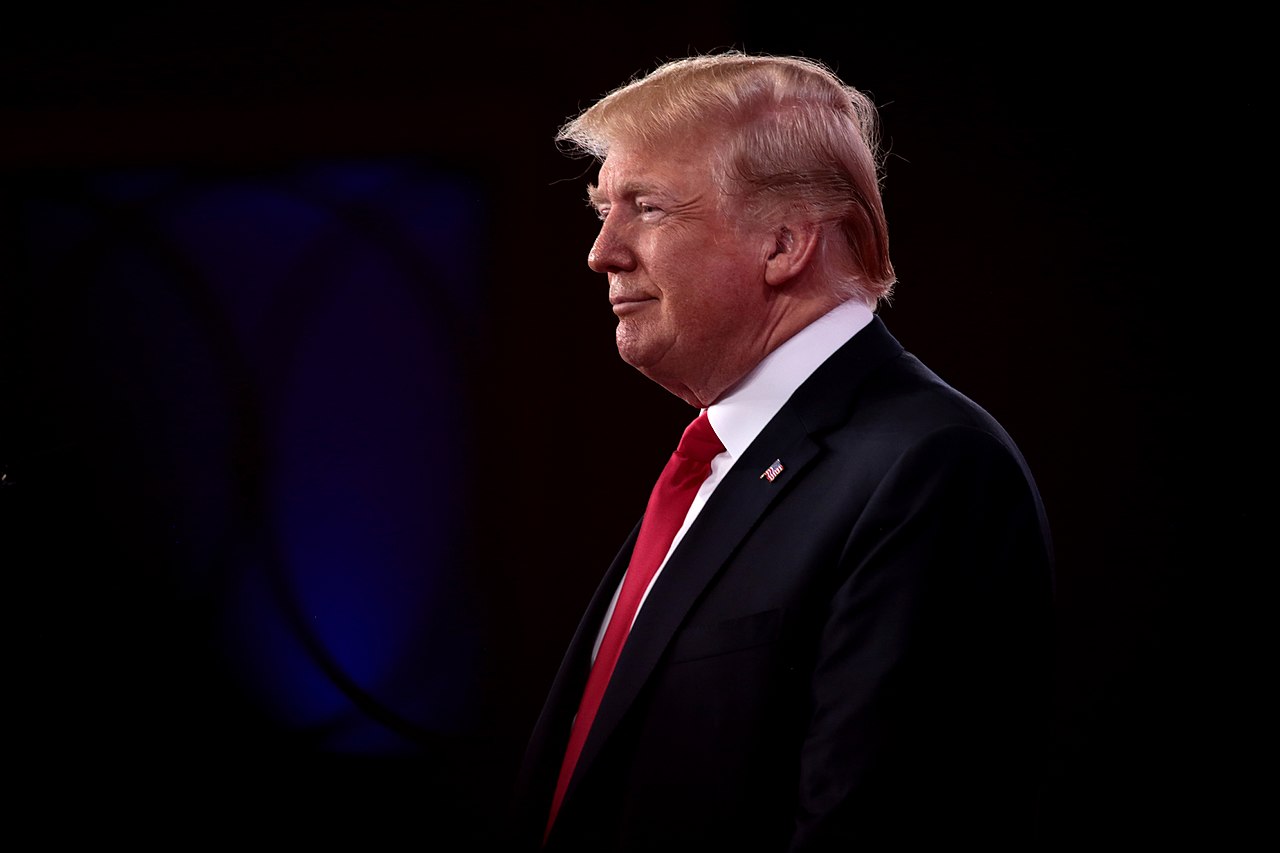After 40 days offstage, Donald Trump returned to the national spotlight on Sunday, and not a moment too soon. His rip-roaring, 90-minute address to CPAC covered many familiar themes, building to a new conclusion that “one of the most urgent issues facing the Republican party is that of ensuring fair, honest, and secure elections.”
Trump’s clarion call could not be more timely, as Nancy Pelosi’s Congress is set to pass a bill that would enshrine Democrat ballot stuffing into federal law forever. Among its many bad ideas, H.R. 1 would require automatic and same-day voter registration, prohibit voter ID, forbid signature matching, and require every state to accept mail-in ballots arriving 10 days late.
“We need one election day,” Trump pushed back, “not 45, not 30, one day. And the only people that should be allowed to vote by mail are people that can be proven to be either very sick, or out of the country, or military where they can’t do it. One day,” he repeated.
The kicker was that Trump is not merely begging Republicans to address the many irregularities that occurred in the presidential election. He is warning that Republicans who fail to act on this issue will face defeat in their primaries next year.

Trump recounted how successful he has been in electing candidates who support his agenda and defeating Republicans who stand in the way of making America great again. He even called out by name Trump-haters within the Republican Party who need to start looking for a second career after politics.
Two days before Trump spoke, liberal pundit Bill Maher warned his fellow lefties what was in store for them: “The shark is not gone. We need a bigger boat.”
No boat is big enough to salvage the careers of Republicans who tried to impeach Trump, or who stand in the way of reforms to fix what went wrong in 2020. Those Republicans have not only defied Trump; they never lifted a finger to protect the integrity of our elections.
Instead, they echo false Democrat talking points by pretending there was no evidence of election fraud in 2020. These anti-Trump Republicans likewise fail to see how strongly opposed they are now by Americans who once voted for them.
On Monday, Georgia House Republicans finally got the message, despite being inactive the past few months. After kicking away the presidential election and two U.S. Senate seats, state representatives passed a bill for election integrity by a party-line vote of 97 to 72.
The Georgia House bill still allows extensive mail-in voting and is weaker than a Senate version that would properly curtail that absentee voting. In the recent elections there, no meaningful identification was required for millions of mail-in votes, unrequested ballots were sent out, and ballot drop boxes were placed at unsecure locations.
Voting was done on multiple Sundays prior to an election, with mobile voting buses to herd Democrat voters to cast ballots under the watchful eyes of the political bosses who rounded them up. Private liberal organizations were allowed to fund elections there.
Republicans have long commanded most state legislatures, yet have not done enough to reduce election fraud. Between 2016 and 2020 Pennsylvania and other Republican state legislatures invited even more fraud by expanding mail-in voting.
The thunderous applause which greeted Trump on Sunday as he made election integrity the top priority for our country puts every Republican on notice: stand in the way, and risk losing your own primary next year.
Trump’s specific proposals included ending early and most mail-in voting, as Phyllis Schlafly also called for years ago. For too long Republican politicians have shrugged their shoulders and refused to stop the flood of insecure, harvested ballots that cancel the legitimate votes cast in person on Election Day.
Meanwhile, on Tuesday the Supreme Court heard oral argument in Brnovich v. Democratic National Committee, which could decide whether states can clean up their elections without being enjoined by activist courts. In past cases, federal courts have blocked election reforms on the pretext that proper procedures somehow have a disparate impact on minority voters.
The questioning by Justices at the hearing went well for the side of election integrity. Liberals mischaracterize this landmark case as putting “civil rights” at risk if states are allowed to ban ballot harvesting, by which political operatives collect thousands of ballots from people who do not show up to vote in person.
The only civil right at issue in election reform is that of all Americans to an honest vote count. We are long past the time for lip service, and Republicans who obstruct cleaning up the election process should expect a strong upcoming primary challenge by a Trump-endorsed opponent.
John and Andy Schlafly are sons of Phyllis Schlafly (1924-2016) and lead the continuing Phyllis Schlafly Eagles organizations with writing and policy work.






